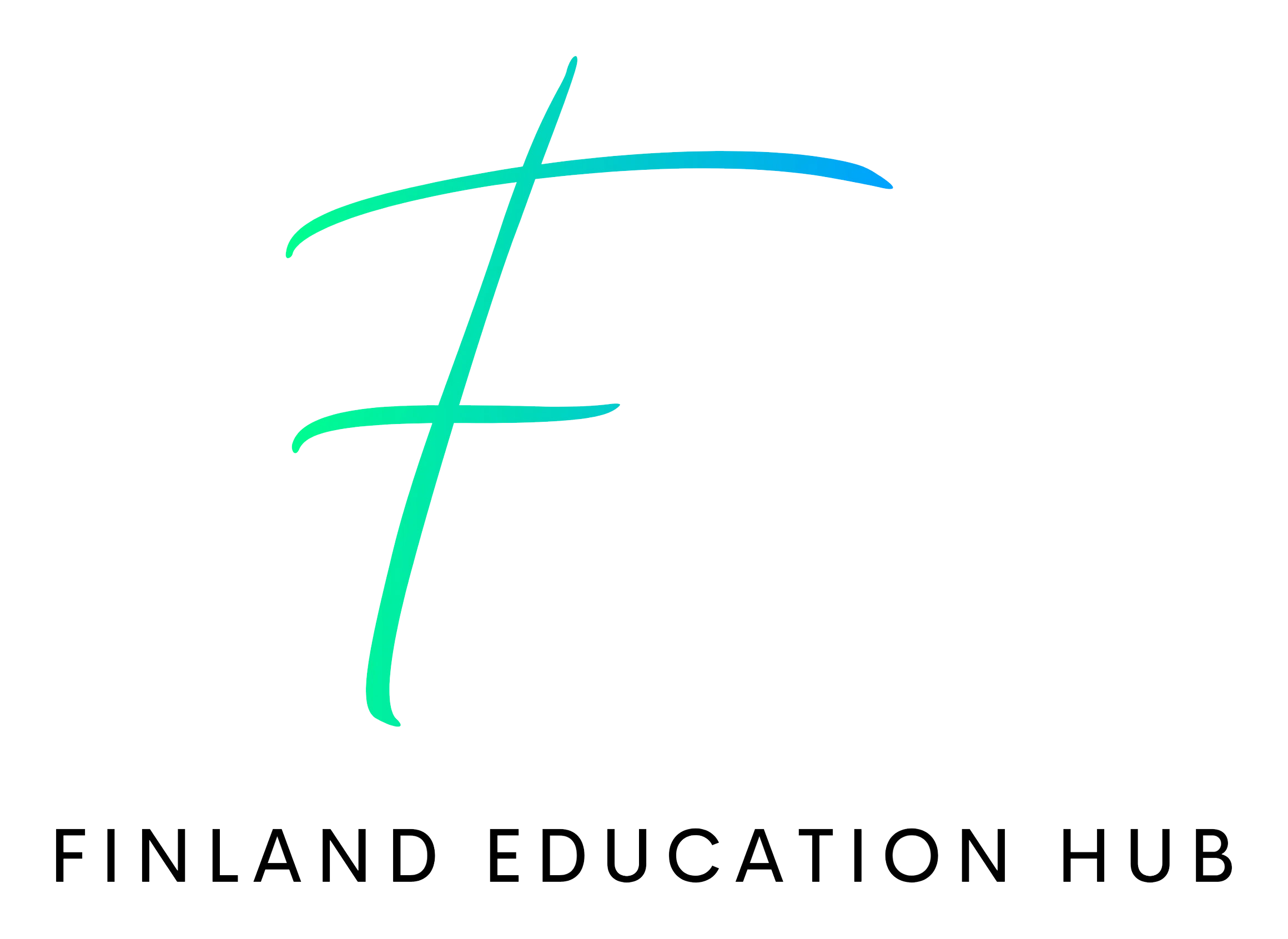Balancing Extracurriculars and Studies
The Finnish education system is renowned for its focus on student well-being and holistic development. While academics are important, Finnish schools also encourage students to explore their passions through extracurricular activities. This can lead to a vibrant and enriching educational experience, but it can also present a challenge: how to balance extracurriculars with studies effectively?
This blog explores strategies to navigate this balancing act, drawing inspiration from the unique Finnish approach to education.
The Balancing Act: Why Both Matter
Extracurricular activities offer a wealth of benefits beyond academics. They can foster:
- Teamwork and Collaboration: Participating in sports, clubs, or group projects cultivates communication and cooperation skills.
- Leadership and Initiative: Participating in extracurricular activities frequently offers chances to assume leadership positions, fostering self-assurance and proactiveness.
- Time Management and Organization: Juggling different activities hones time management skills, a vital skill for academic success and beyond.
- Passion and Creativity: Exploring areas of interest outside academics fuels passion and creativity, which can even enhance academic performance.
- Stress Management and Well-being: Extracurricular activities can be a healthy outlet for stress, promoting overall well-being.
The Finnish education system recognizes these benefits and structures learning to allow for this balance. Shorter school days, less emphasis on standardized testing, and a focus on active learning create space for students to pursue extracurriculars without sacrificing academic performance.
Mastering the Art of Balance
Now, let’s delve into some practical strategies to achieve that sweet spot between academics and extracurriculars:
- Discover children Passions: What truly excites your child outside of academics? Take time to explore different activities and clubs to discover genuine interests.
- Prioritize and Plan: Create a weekly schedule that maps out academic commitments and allocated time for extracurricular activities. Utilize planners, online calendars, and to-do lists to stay organized and avoid last-minute scrambling.
- Communicate and Seek Support: Open communication is key. Talk to teachers about extracurricular commitments, and explore flexible learning options if needed. Additionally, discuss schedules with parents or guardians for their support and guidance.
- Time Management Techniques: Master effective time management skills. Techniques like the Pomodoro Technique (focused work sessions followed by short breaks) can help children to be productive during study time. Remember, quality over quantity – it’s better to have focused study sessions than hours of aimless studying.
- Seek Efficiency, Not Perfection: Don’t strive for perfection. There will be times when one area might require more focus than the other. Stay adaptable and modify schedule as required.
- Embrace “Me” Time: Don’t forget to schedule time for relaxation. Adequate sleep and downtime are crucial for maintaining focus and motivation in both academics and extracurriculars.
The Finnish Advantage: A Supportive System
The Finnish education system plays a crucial role in enabling this balance. Let’s explore some specific ways it fosters this environment:
- Reduced Academic Pressure: Finnish schools prioritize understanding and enjoyment of learning over rote memorization and standardized tests. This allows students more time and energy to pursue their passions.
- Focus on Well-being: The Finnish system emphasizes student mental and physical well-being. Shorter school days and ample recess periods contribute to a less stressful learning environment, allowing students to approach both academics and extracurriculars with a fresh mind.
- Student-Teacher Relationships: Finnish schools foster open communication between students and teachers. Teachers are understanding and supportive, offering guidance and flexibility for students with busy schedules.
Learning from Challenges: The Growth Mindset
Balancing academics and extracurriculars isn’t always smooth sailing. There might be times when you feel overwhelmed or stressed.
The key is to see these challenges as chances for personal and professional development:
- Identify Time Management Gaps: If you find yourself constantly struggling to meet deadlines, analyze your schedule and identify areas where your time management needs improvement.
- Communicate Needs: Don’t be afraid to reach out for help. Talk to teachers about workload concerns or discuss adjustments with extracurricular activity leaders.
- Learn to Delegate: If you have too much on your plate, consider delegating tasks within your extracurricular activities or exploring time-saving study strategies.
- Prioritize Self-Care: If you’re feeling overwhelmed, prioritize activities that support your well-being. Getting enough sleep, eating healthy foods, and taking breaks are crucial for overall performance.
The Takeaway: Thriving in a Balanced Environment
The Finnish education system provides a strong foundation for students to thrive in a well-rounded educational journey. By actively pursuing their passions and developing effective time management skills, students can achieve success in both academics and extracurricular activities.
Remember, you are not alone! The Finnish education system, with its emphasis on open communication and student well-being, offers a supportive environment where both teachers and parents can act as valuable resources. They can provide guidance, flexibility, and encouragement throughout your growth journey.
Embrace the Finnish approach:
- Focus on mastery and understanding, not just grades.
- View challenges as learning opportunities.
- Don’t be afraid to ask for help.
- Maintain a healthy balance between academics and your passions.
By incorporating these principles and utilizing the strategies, anyone can navigate the exciting world of extracurricular activities while excelling in child studies. The Finnish education system empowers your child to become a well-rounded individual, prepared for success not just in academic pursuits, but also in life’s broader journey.
Ready to learn more about the Finnish education system? Explore the Finland Education Hub website for in-depth information on teaching philosophies, curriculum approaches, and the unique benefits of studying in Finland.

